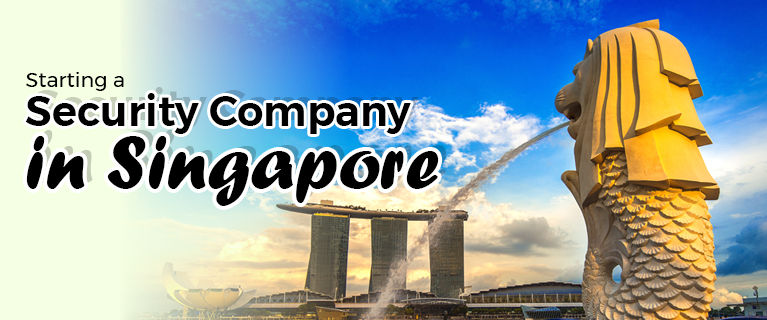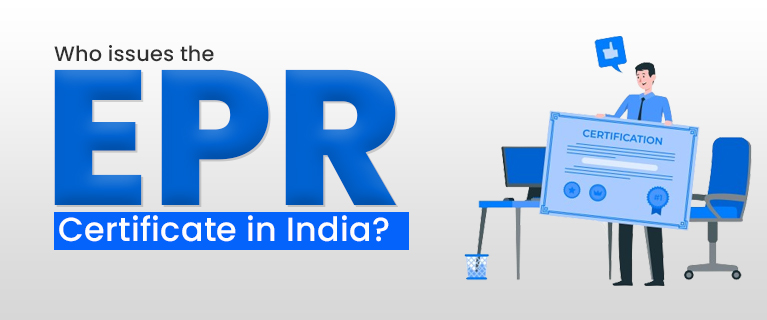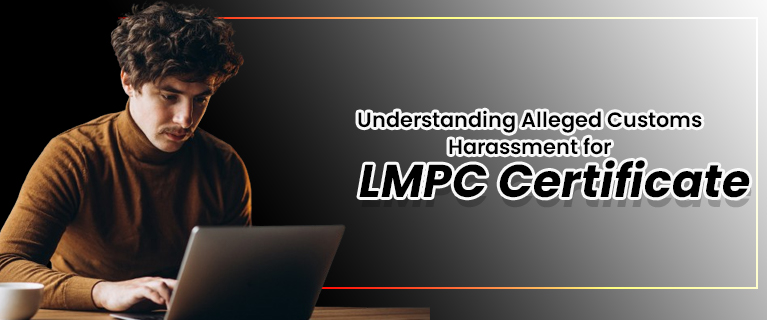Starting a Security Company in Singapore?
Singapore, known for its reputation as a global financial hub, is not only fast-growing but also demands robust security services. If you're eyeing the security sector, consider starting a security company in Singapore. The demand for security services across various sectors, including finance and government programs, presents a lucrative business opportunity. Here's a comprehensive guide on how to embark on this venture and thrive in Singapore's competitive security market.
Why starting a security company in Singapore is a compelling choice:
1. Booming Economy
Singapore boasts a thriving economy that serves as a magnet for businesses globally. This economic growth has led to a surge in commercial activities, both local and international. As the number of businesses increases, so does the demand for robust security services. Companies require comprehensive security solutions to safeguard their assets, data, and employees. This growing demand creates a substantial market for security companies to tap into.
In a thriving economy like Singapore's, businesses are inclined to invest in security measures to protect their interests. They understand that security is not just a necessity but also an integral part of their success. Hence, as an entrepreneur, your security company can capitalize on this economic boom by providing tailored security solutions to meet the diverse needs of businesses across various industries.
Read Also This – Important Guidelines on Singapore Company Registration Process2. Government Support
The Singaporean government has earned a reputation for being extremely business-friendly. It actively supports and nurtures businesses, both local and foreign, creating an environment that fosters growth and innovation. For security companies, this support extends to regulatory frameworks, financial incentives, and initiatives aimed at enhancing the security industry.
The government's commitment to maintaining a safe and secure environment in Singapore is evident through its stringent licensing and regulatory processes for security agencies. While these regulations may seem rigorous, they ultimately benefit the industry by ensuring professionalism, reliability, and adherence to ethical standards. This, in turn, instills confidence in clients seeking security services.
Moreover, Singapore offers attractive incentives and grants to encourage businesses to invest in security measures. These incentives may include tax benefits, funding for research and development in security technology, or support for training and upskilling security personnel. The government's unwavering commitment to security reinforces the value of the security industry within the country.
3. Stable Profit
In the security industry, trust and reliability are paramount. As a security company in Singapore, offering high-quality services and demonstrating expertise in safeguarding assets and personnel is the key to success. When businesses and organizations entrust their security to your company, they expect a high level of professionalism and integrity.
Building trust with clients leads to long-term partnerships. Once clients experience the quality and reliability of your security services, they are more likely to continue doing business with you. This translates into a stable and recurring source of revenue for your security company.
Furthermore, Singapore's strong economy and government support contribute to the stability of the security industry. The consistent demand for security services across various sectors ensures a reliable stream of clients. As your company grows, you can expand your service offerings, diversify your clientele, and establish a solid reputation in the security market, all of which contribute to a profitable and sustainable business model.
To sum up, starting a security company in Singapore aligns with the country's robust economy, government support, and the potential for building stable and profitable client relationships. It's a business venture that not only meets the growing demand for security services but also offers opportunities for long-term success and growth.
1. Register Your Business
a. Choose Your Business Structure: In Singapore, you have several business structures to choose from. Each has its advantages and disadvantages. For example: Sole Proprietorship: This is the simplest form and means you're the sole owner of the business. Partnership: If you're starting the business with someone else, a partnership structure may be suitable.
Limited Liability Partnership (LLP): An LLP combines elements of partnerships and corporations. It provides personal liability protection for partners.
Private Limited Company (Pte Ltd): A Pte Ltd company is a separate legal entity, offering limited liability protection.This is quote commonly the preference for large sized businesses
b. Register with ACRA: ACRA's online portal is user-friendly and facilitates the registration process. To ensure a smooth registration, you'll need to consider the following:
Unique Company Name: The company name must be unique and not infringe on any trademarks. ACRA provides guidelines for choosing a name.
Registered Address: This must be a physical address in Singapore, not a P.O. Box. Directors' and Shareholders' Details: Provide accurate information about the company's directors and shareholders. You can have local or foreign directors, but there must be at least one local director who is a Singapore citizen, Permanent Resident, or Employment Pass holder.
c. Pay the Registration Fee: The cost of registration varies depending on your chosen business structure. For example, registering a Pte Ltd company typically involves higher fees than registering a Sole Proprietorship. You can make the payment online through the ACRA portal.
d. Business Profile: The Business Profile issued by ACRA contains essential details about your company, such as its registration number, date of incorporation, principal activities, and more. It's a critical document for conducting business in Singapore and may be required when opening a corporate bank account or entering into contracts.
Read Also This – The Complete Procedure to Register a Company in Singapore2. Obtain Necessary Licenses and Permits
a. Police Licensing and Regulatory Department (PLRD): To legally provide security services, you'll need to acquire specific licenses from PLRD. The type of license depends on the services you intend to offer. Here's a breakdown:
Private Investigation License: If your agency conducts investigative work, such as background checks or surveillance, you'll need this license.Electronic Locks Installer License: This is necessary if your agency installs electronic locks. Security Service Provider License: If your business supplies security personnel to other agencies, this license is required.
b. Ministry of Manpower (MOM): If you plan to employ foreign security officers, you'll need to meet MOM's regulations. Ensure your foreign employees have valid work permits and comply with MOM's requirements.
c. Qualifications and Examinations: As a director of a security agency, you should meet specific qualifications, including a minimum of two years of relevant experience in the security industry. You may also need to pass relevant examinations to demonstrate your knowledge and competence.
d. Insurance: It's advisable to obtain liability insurance and worker's compensation insurance. Liability insurance protects your business from claims and lawsuits, while worker's compensation insurance covers employee injuries on the job.
e. Security Officer Training: Your security officers should undergo proper training and certification as required by PLRD regulations. This includes both theoretical and practical training to ensure they are well-prepared for their roles.
Compliance with these licensing, regulatory, and operational requirements is essential for a successful and legally operating security agency in Singapore. Violations can lead to fines, suspension, or revocation of licenses, which can seriously impact your business. It's crucial to stay informed about any changes in regulations and maintain compliance at all times.
Requirements and Regulations
Starting a security agency in Singapore comes with specific requirements and regulations you must adhere to:
1. Licensing and Permits: Acquiring the necessary licenses and permits from PLRD and MOM is paramount. This ensures that your operations comply with Singaporean law.
2. Experience and Exams: To qualify, you need at least two years of experience in the security industry and must pass relevant exams.
Directors Qualifications
If you're considering becoming a director of a security company in Singapore, here are the qualifications:
1. Citizenship and Clean Record: Directors must be Singaporean citizens or permanent residents with a clean criminal record.
2. Industry Experience: A minimum of two years of experience in the security sector is mandatory.
3. Passing Exams: Successful completion of relevant exams demonstrates competence.
Read Also This – Consequences of Conducting Business in SingaporeConclusion
Starting a security company in Singapore can be a profitable endeavour, but it requires meticulous planning, adherence to regulations, and a commitment to delivering top-notch security services. By following the steps outlined in this guide, entrepreneurs can successfully establish and operate a security agency in Singapore while ensuring compliance with local laws and regulations. With the right approach and dedication, a security company can not only thrive in Singapore's competitive business environment but also contribute to enhancing safety and security across the region. If you have any queries or need expert guidance, feel free to contact our experts at LegalRaasta.










